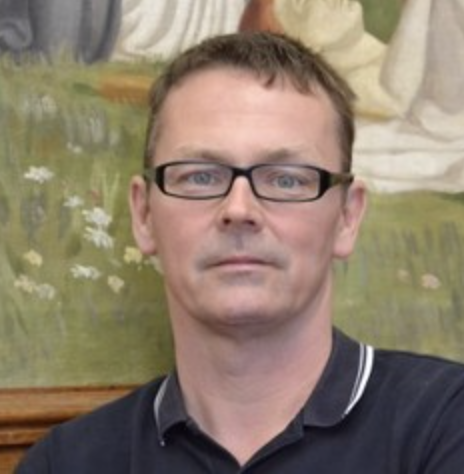Research Talk on The Anglosphere - Andy Mycock

- Date
- Thursday 23 July 2020, 4pm
- Location
- Social Science Building 14.33
The Anglosphere or Anglospheres? Understanding multiplicity in the English-speaking world
The Anglosphere has come to international prominence in the wake of Brexit. It is a transnational imagined community - consisting of the USA, Canada, Australia, New Zealand and the UK – whose origins lie in the British Empire and the conflicts of the 20th century. The Anglopshere encompasses an extensive but ill-defined community bonded by language, culture, media, free-market economics and liberal democracy and 'civilisational' heritage which pro-Brexit supporters argue provides a better 'fit' for the United Kingdom than the European Union.
Academic investigation of contemporary manifestations and advocacy of the Anglosphere have sought to emphasise its integral role in informing elite-driven English nationalism. This research has proven valuable in developing understanding of the enduring resonance of imperial mentalities informing Anglo-British Euroscepticism. This noted, the Anglosphere is not simply English nationalism writ large, and has also informed more expansive formations of Welsh, Scottish, and Irish nationalism which highlight a multiplicity of Anglospheres. Moreover, the Anglosphere is not a solely centrifugal phenomenon, and has been strongly influenced by centripetal interactions with Anglospherists elsewhere in the English-speaking world.
This paper seeks to build on the existing literature on the Anglosphere to provide a more expansive understanding of the English-speaking world. It will first provide an original theorisation of the Anglosphere which embraces the intersectionality of nationalism, multi-nationalism, and transnationalism. It will consider the rise of the Anglosphere as manifestation of Eurosceptic nationalism across the United Kingdom and not just England. It will finally consider the impact of alternative framings in Australia, Canada, New Zealand, and the United States shape how we might better understand the Anglosphere.
--------------------------------------------------------------------------------
The Anglosphere (the coalition of the English-speaking nations) - a research seminar from guest speaker Dr Andrew Mycock.
This concept of political and economic union between the main English-speaking nations – Britain, the USA, Canada, Australia and New Zealand – has its origins in the British Empire and has been revived by some Brexiteers and Prime Minister Theresa May’s promotion of “Global Britain”.
“It is very easy to dismiss the concept of the Anglosphere,” noted Dr Mycock, “as it lacks many of the formal political and economic institutions and structures we associate with membership of the European Union.”
“But it clearly has appeal and potency for some,” he continued. “It has captured the imagination of certain groups of policymakers – particularly in terms of intelligence and military policy networks – and advocates argue there is an Anglospheric view of international relations which is clearly different to that of mainland Europe.”
Dr Mycock's current research focuses on the development of active citizenship and democratic participation of young people in the UK and he has published widely on issues of youth citizenship and government youth initiatives such as National Citizen Service. He is a Reader in the Department of Politics at the University of Huddersfield. Dr Mycock is a policy-orientated academic with a wide-range of experience working with governmental and non-governmental organisations across the UK and elsewhere. Academic research has explored areas such as youth democratic engagement and participation, citizenship education across the UK, voting age reform, youth-focused political party membership, National Citizen Service, history education, youth war commemoration, and youth citizenship policy-making. Dr Mycock was appointed to serve on the UK Government’s Youth Citizenship Commission between 2008-9 and led the follow-up project entitled Beyond the Youth Citizenship Commission in 2014.
